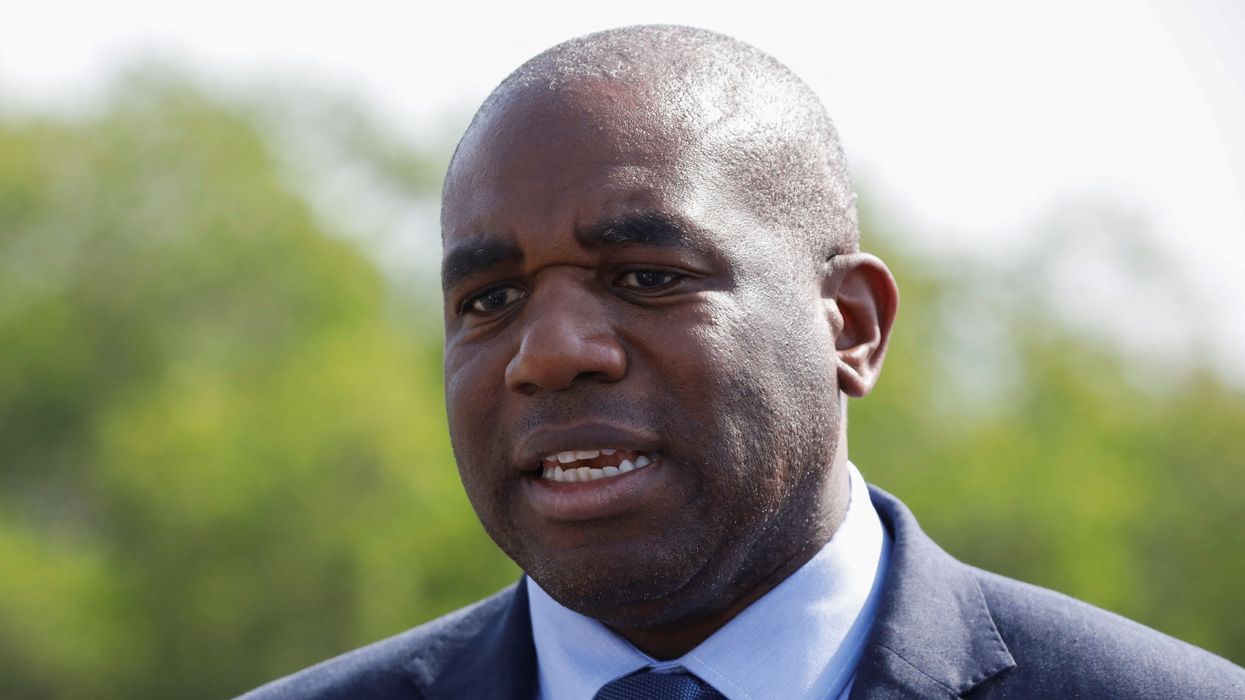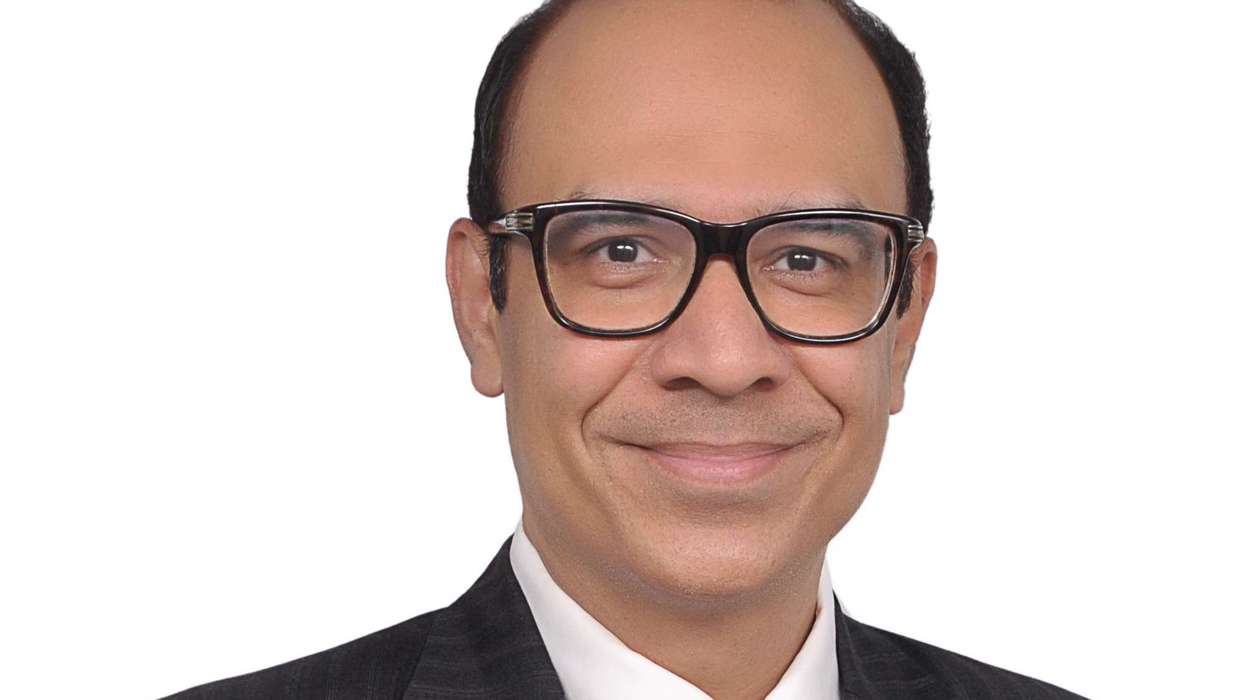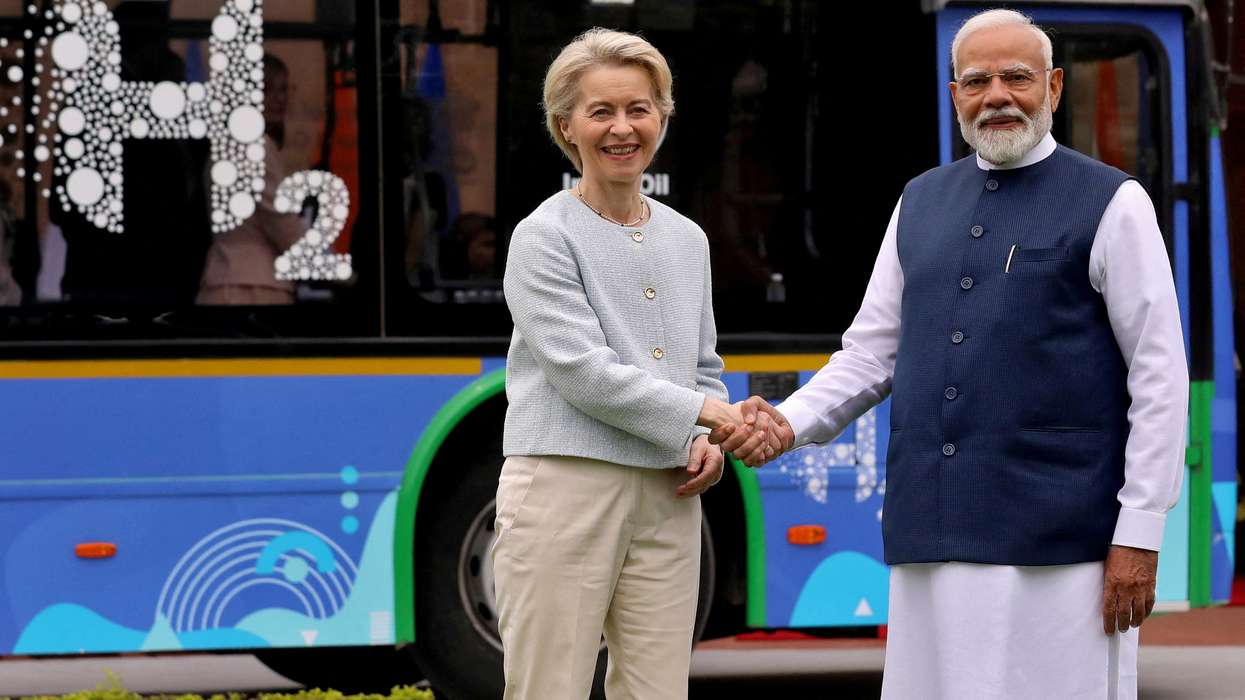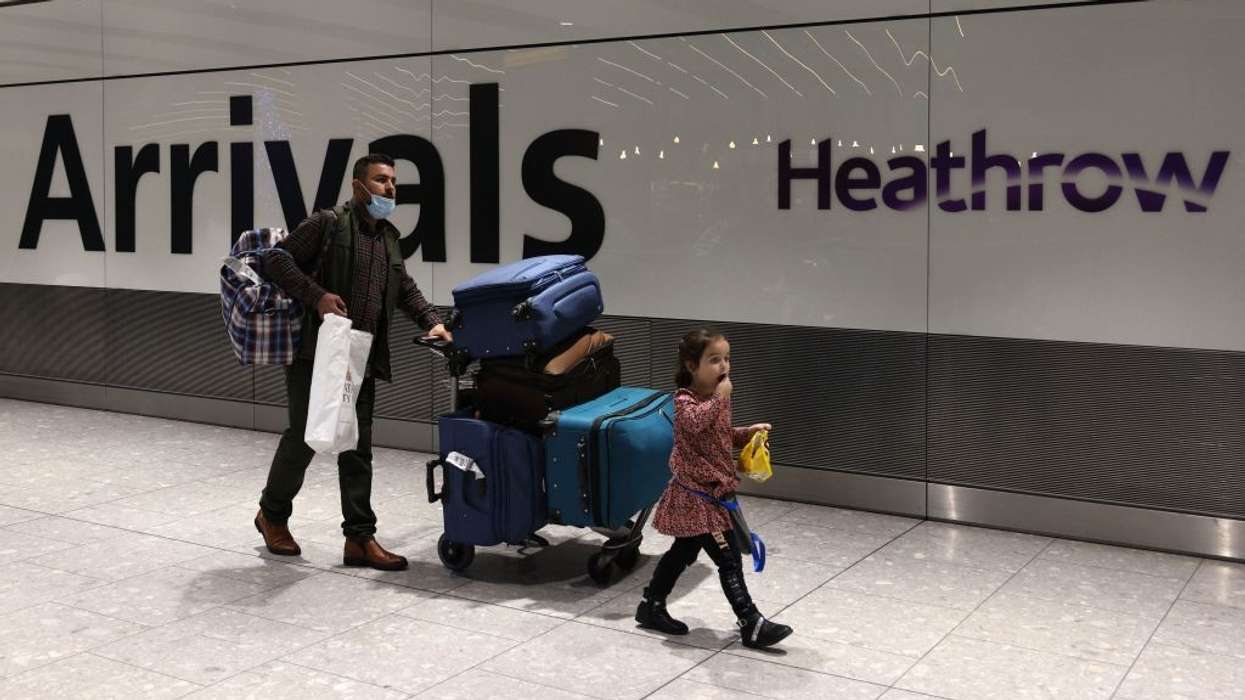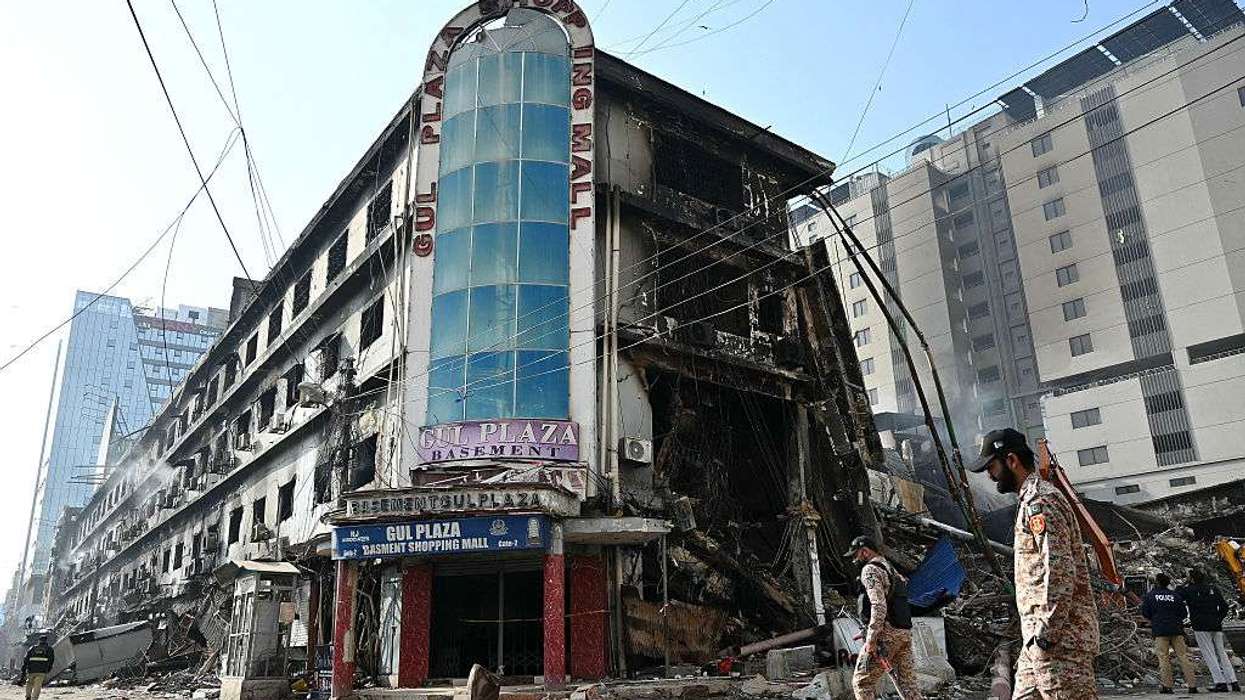THE UK on Wednesday imposed sanctions on 25 individuals, groups and suppliers accused of facilitating migrant crossings across the Channel. This is the first time such sanctions powers have been used in this context.
The move comes amid increased pressure on the UK government to control the number of migrants arriving in small boats from northern France. The number of arrivals has reached record levels this year.
The Foreign Office said the sanctions include asset freezes and travel bans against individuals and entities "driving irregular migration to the UK".
Those sanctioned include a small boat supplier in China, "hawala" money movers in the Middle East, and gang leaders based in the Balkans and North Africa.
Foreign secretary David Lammy said, "This is a landmark moment in the government's work to tackle organised immigration crime" linked to the UK.
"From Europe to Asia we are taking the fight to the people-smugglers who enable irregular migration, targeting them wherever they are in the world," he said.
"My message to the gangs who callously risk vulnerable lives for profit is this: we know who you are, and we will work with our partners around the world to hold you to account."
20 individuals, four gangs and one company sanctioned
The sanctions apply to 20 individuals, four gangs and one company.
Prime minister Keir Starmer had promised to stop the crossings by "smashing the gangs" when he took office a year ago, but the issue has remained unresolved.
The Channel crossings have become a politically sensitive issue in the UK and have been linked to the rise of the far right. There have been protests outside hotels believed to house asylum-seekers, including one in Epping, east of London, that turned violent.
Among those sanctioned is Bledar Lala, described as an Albanian in charge of "the 'Belgium operations' of an organised criminal group" involved in the crossings.
Also sanctioned is Alen Basil, a former police translator who the UK says now leads a large smuggling network in Serbia, "terrorising refugees, with the aid of corrupt policemen".
Another person sanctioned is Mohammed Tetwani, referred to by the UK as "the self-styled 'King of Horgos'" for his control over a migrant camp in Horgos, Serbia. He led the Tetwani people-smuggling gang, which the Foreign Office says is "known as one of the Balkans' most violent people-smuggling gangs... members are reported to hold migrants for ransom and sexually abuse women unable to pay their fees".
The sanctions also target seven alleged people-smugglers linked to Iraq, and three people accused of using the "hawala" banking system for irregular migration. The system enables cash transfers without physical movement of money.
The Chinese company Weihai Yamar Outdoor Product Co has also been sanctioned. The Foreign Office said it had advertised small boats online "explicitly for the purpose of people-smuggling".
(With inputs from agencies)
